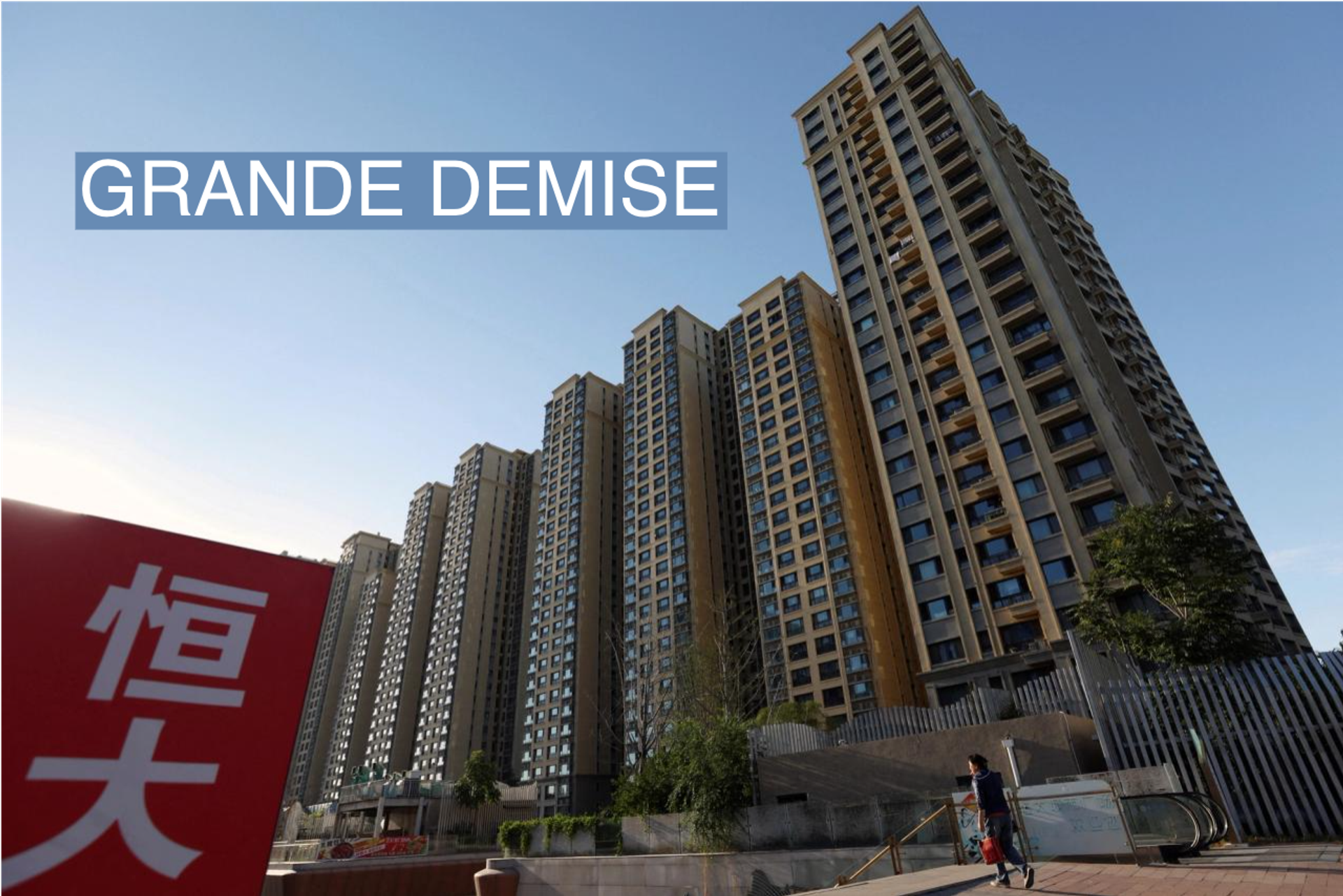The News
A Hong Kong judge ordered Chinese property developer giant Evergrande to liquidate on Monday, signaling the end of a chapter for the world’s most indebted developer and the poster child of China’s real estate crisis.
The company, which owes more than $300 billion in debt, filed for a three-month extension to finetune its restructuring plan, but Judge Linda Chan rejected the appeal.
“Enough is enough,” Chan said, describing Evergrande’s submitted plan as “not even a restructuring proposal, much less a fully formulated proposal.” She appointed liquidators at Alvarez & Marsal Asia to oversee the dissolution.
The historic ruling marks a significant judicial move by Hong Kong, seen by many as a waning influence in global markets. Whether Beijing decides to adopt the ruling, however, could have massive implications for the already struggling Chinese economy.
SIGNALS
Beijing might make it difficult for overseas creditors to seize mainland assets
The “road to liquidation will not be smooth” and will be the first major test for a 2021 pilot measure that tasks mainland courts with recognizing and adopting Hong Kong rulings in insolvency proceedings, according to the South China Morning Post. While overseas creditors will likely be able to quickly access offshore assets, it remains unclear how much Beijing will help in seizing onshore assets, which represent the majority of investments. The millions of unfinished homes built by Evergrande in the mainland “can’t be converted into cash, and valuations have decreased,” one Deloitte crisis group leader told SCMP.
Hong Kong ruling shows how the city is still a ‘superconnector’ between East and West
Since the implementation of Hong Kong’s National Security Law — the Beijing-imposed legislation that suppressed dissent in the city and greatly reduced judicial autonomy — investors worldwide have feared that the city no longer serves as a “superconnector” between the West and the mainland, according to the Economist. But many creditors have chosen to challenge real estate developers in Hong Kong courts, instead of the mainland, because “the city’s common law system is familiar to them and fosters confidence,” Bloomberg reported in November. Hong Kong is still a “superconnector,” Bloomberg Opinions columnist Matthew Brooker argued, pointing to how Hong Kong’s court rulings and its authorities’ actions since the security law was implemented were “vividly displaying the reality of the Chinese system to the outside world.” But, he added, “it’s just not a superconnector in the way it wanted to be.”
Government intervention needed to control ‘ripple effects’ of Evergrande’s collapse
With real estate accounting for 25% of China’s GDP, Evergrande’s dissolution will “further weaken demand and shake China’s financial system” as the country’s economy slows, German broadcaster Deutsche Welle reported. Of the $300 billion Evergrande owes, the vast majority is from deposits made by ordinary Chinese citizens buying new homes. The ruling is likely to undermine confidence in other real estate developers like Country Garden, according to Qimo Theory — a Chinese investment blog — which could potentially trigger a panic sell-off that will further decrease property value and worsen other developers’ debt crisis. The “ripple effect” will impact consumer confidence and spending, “further dragging down the recovery,” Qimo wrote. To achieve its economic goals, Beijing needs to “reduce its dependence on real estate.”

